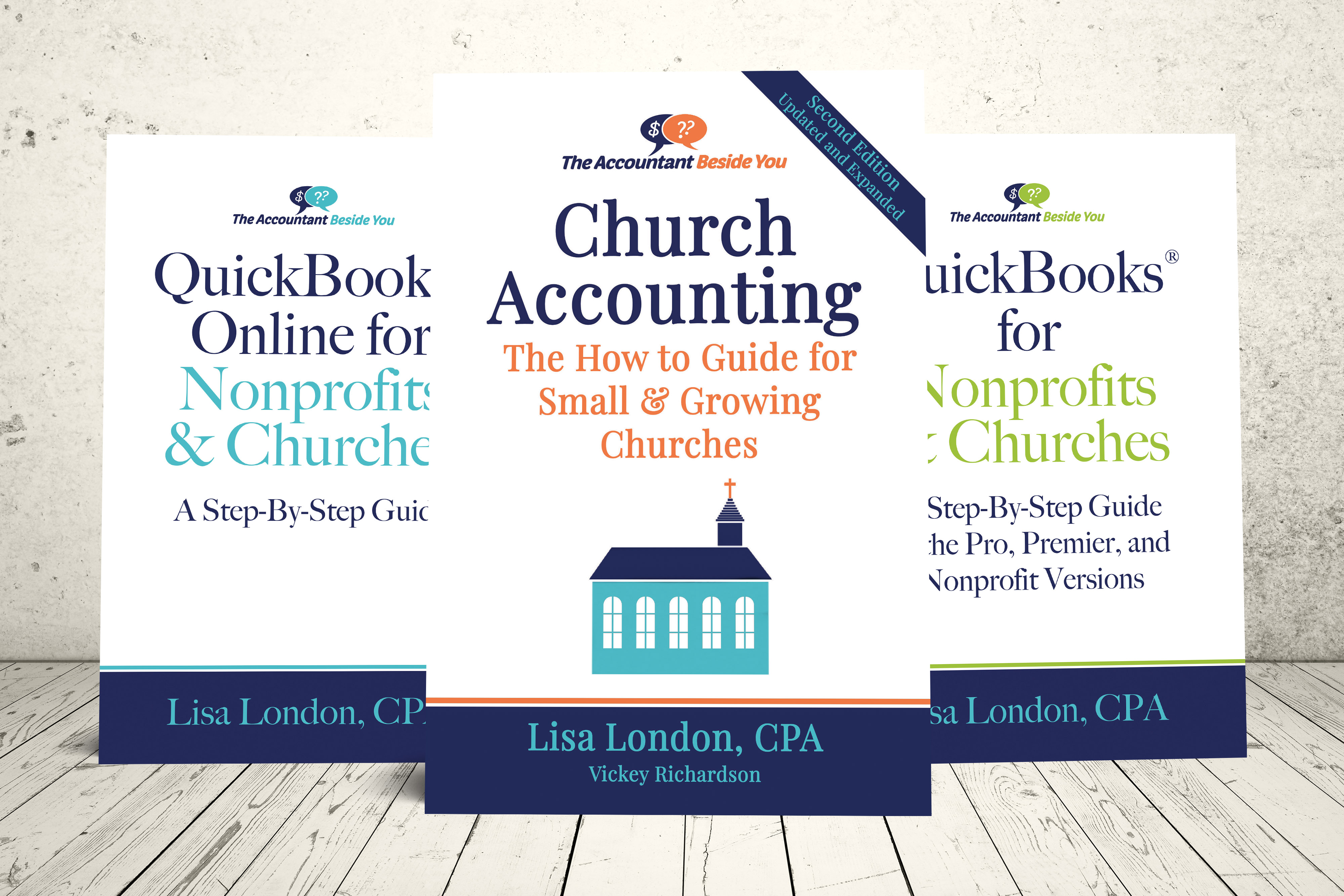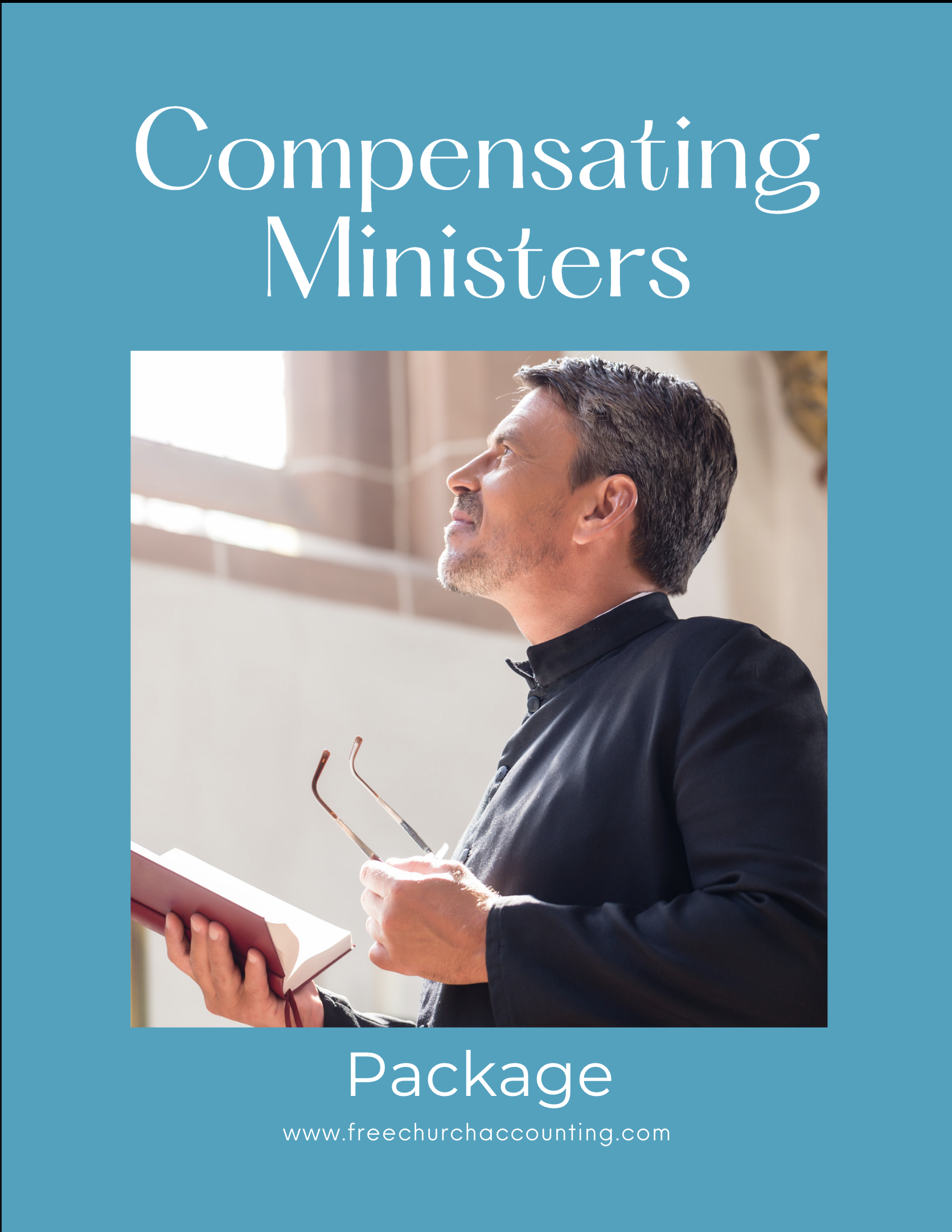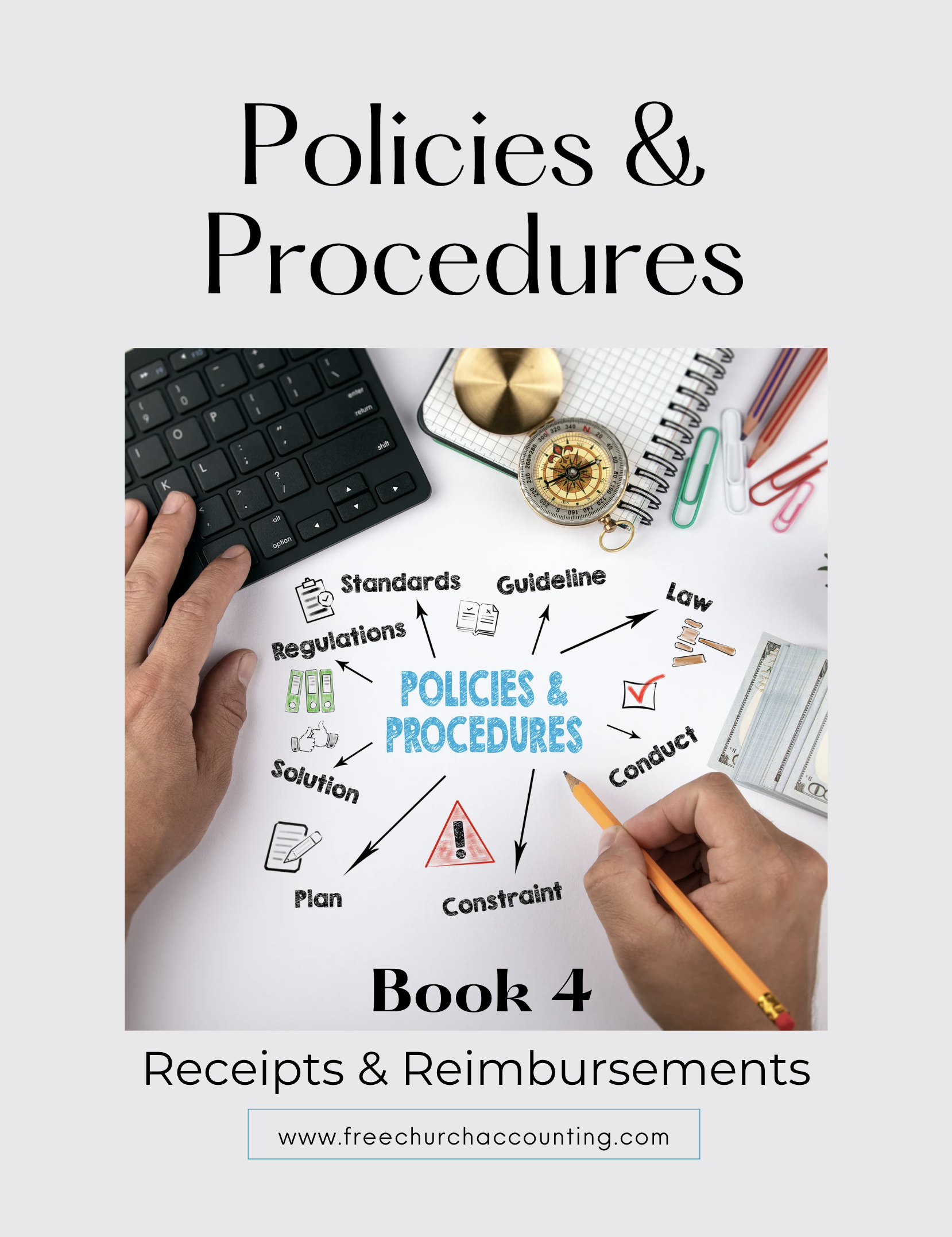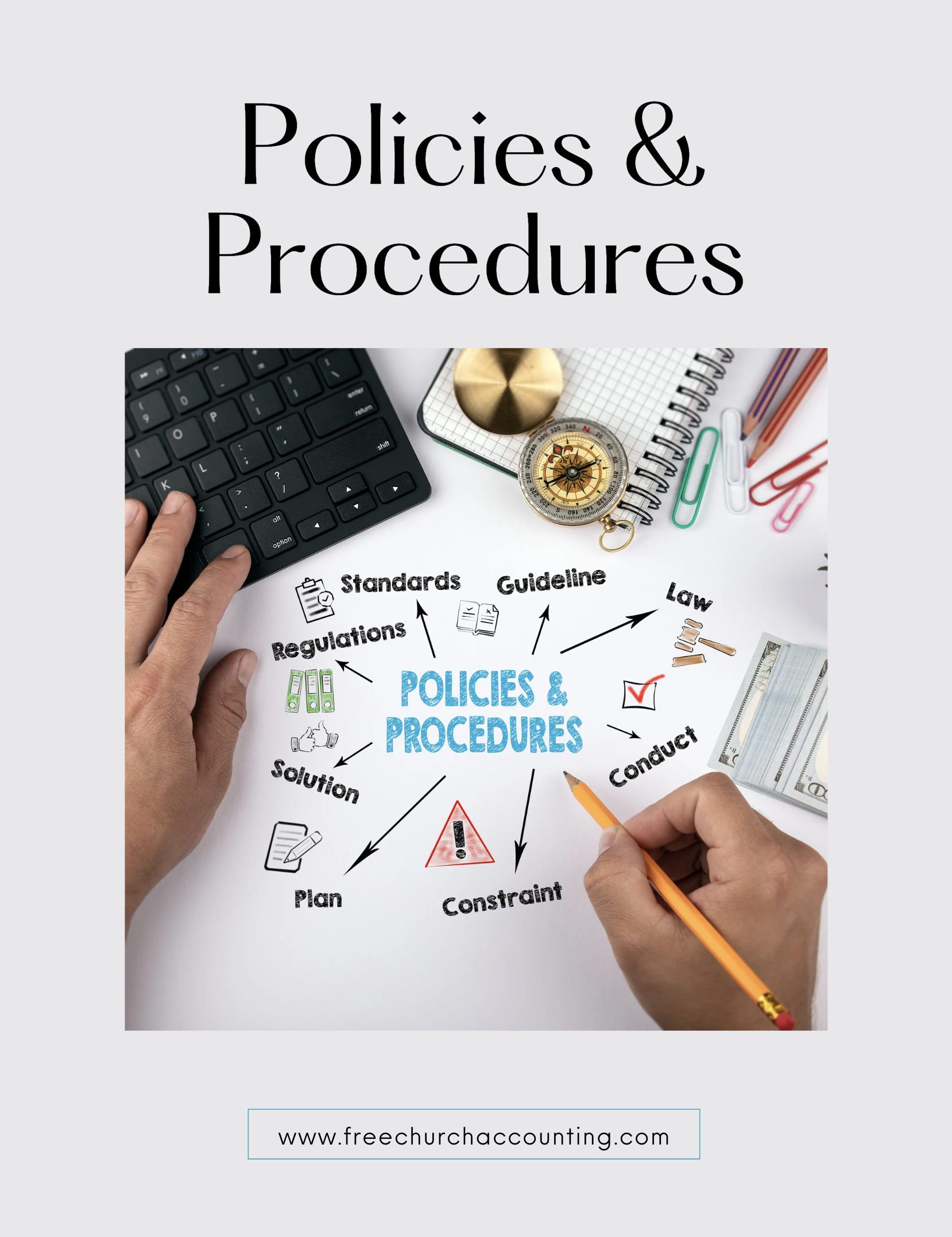Unintentional Excessive Benefits
Excessive benefits and private Inurement (unintentional or intentional) could potentially harm your pastor, director, staff, and even your organization!

Coupon!
Here is a 10% discount code for all the ebooks, spreadsheets, and packages on this site:
FCA
Note: click on "PACKAGES" in the top navigation bar for a list of all of the ebook and spreadsheet packages on this site!
With my increased one-on-one interaction with more churches and nonprofit organizations through my bookkeeping business,
I have become increasingly alarmed regarding how some churches are “blessing” their pastors and administrators BUT there is a right way to bless our staff and there is a very WRONG way to do it too! See more below.
I have also seen some nonprofit founders innocently put their organizations in danger of losing their tax exemption by doing things they do not know could be interpreted as excessive benefits or private inurement.
The Compensating Ministers Package includes three ebooks on how to compensate and pay your ministers; what minister benefits could potentially hurt the minister and the church; how to set up a housing allowance and report it; and how to handle ministers' gifts/love offerings. Also includes an example of a W-2 for a minister.
Additionally there is a sample of a resolution you can use to to set up and approve a housing allowance for your ministers; an estimate worksheet for the minister to use to help the church determine the amount of the housing allowance; and an example of a notification letter the church can use to inform the minister on the amount of housing allowance payments paid during a calendar year.
All 3 ebooks are only $18.55 PLUS you can use the discount code: FCA for an additional 10% off!
Unintentional excessive benefits and private inurement can occur as some churches or nonprofits try to make up for the low pay by doing other things for them, such as paying for their director or pastor's gas with the organization's debit or credit card or paying their founder's utilities. Let me stop here and add that if set up and addressed properly, a church can bless their ministers with "extras" such as helping them with housing expense through a housing allowance, but if not handled correctly...those "blessings" can end up being a very costly mistake.
What is excessive benefits and private inurement?

Section 501 (c) (3) is a portion of the Internal Revenue tax code that give certain organizations the right to receive tax-deductible contributions.
One of the main requirements to qualify for that tax-exempt status is that the net earnings of that nonprofit organization may not “inure” to the benefit of any private individual or shareholder.
Simply stated that means no one can personally benefit economically (other than reasonable compensation for services rendered) from a tax-exempt organization.
The IRS term for that benefit is “Private Inurement”. Inurement happens when a transaction or exchange occurs, and an insider receives economic gain through the use of funds or assets of that organization. An insider is an individual with a personal interest in the church or nonprofit such as:
- corporate officers
- pastors
- elders
- board members
- deacons
- employees
- members
- donors
- anyone related to …or friends of an insider
Bookkeeping for churches involve meticulous attention to detail, transparency, and understanding of financial principles. Challenges include accurate record-keeping, compliance with tax regulations, and clear communication with church leadership and congregation.
Penalties of excessive benefits:

As I mentioned earlier in this article, many small organizations cannot pay their staff what they would like to. To make up for this, they often try to help them in other ways. That is commendable … if done legally such as an accountable reimbursement plan or a housing allowance (if a qualifying minister). The problem lies in that many do not understand or even know what they can and cannot do "legally" in terms of "helping out" their director, pastor, administrator, or even board members.
Be aware that even small amounts can be considered a violation of the excessive benefits and private inurement clause found in Section 4958 of the Internal Revenue Code regulations. Such a violation can have drastic outcomes! Your church or nonprofit could potentially lose its tax-exempt status which could also negatively affect your donors!
Another devastating result of private inurement is the IRS can impose immediate sanctions if the private benefit involves a disqualified person, such as a corporate officer, pastor, deacon, founder, etc. Those sanctions can include a tax penalty of 225% of the private benefit received. The deacons or board members that authorized the benefit can also be penalized.
Church Accounting Package
A set of 2 ebook packages that covers the following topics...
- Fund accounting examples and explanations
- Difference between unrestricted and restricted funds
- Best methods for tracking restrictive funds
- Explanations and examples of financial statements for churches and nonprofits
- Minister compensation and taxes
- Payroll accounting and its complexities
- Much more - Click here for details
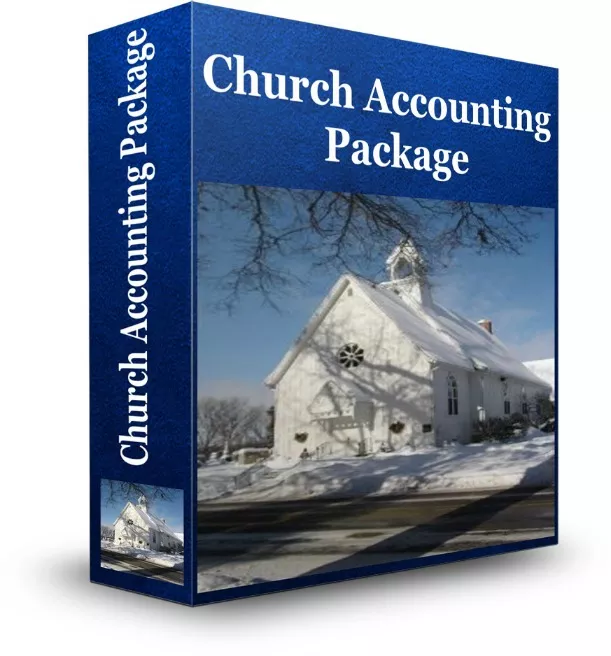
Examples of excessive benefits:

I mentioned at the beginning of this article that some organizations give their director, pastor, or administrator the organization's debit or credit card for fuel and meals and do not require any documentation or report those transactions as taxable income.
Without documentation AND a qualified accountable reimbursement policy in place - these transactions can be considered private inurement.
To avoid that possibility, set up an accountable reimbursement policy and follow the strict guidelines for that plan.
Paying the director or pastor's utility bills or other personal expenses and not including those amounts in his gross wages is private inurement. See this article on Pastor Sentenced to 37 Months for Church and Ministry Commingling. A better way to bless your pastor is to set up an appropriate housing allowance. In some instances you can designate your pastor's entire compensation as a housing allowance.
Another example of private inurement could be paying a pastor a percentage of the general fund offerings and not setting a cap on the amount. See this page on minister’s compensation.
The Policies and Procedures Package includes an ebook on Receipts and Reimbursements that explores the management of receipts and supporting documents.
Additionally, it provides insights on establishing and managing an efficient accountable reimbursement policy.
Includes a sample of a resolution you can use to present to the board to set up and approve an accountable reimbursement plan.
.
This ebook is included in the Policies and Procedures Package. However, you can purchase it by itself for only $7.95 by clicking the ADD TO CART button below!
The Receipts and Reimbursements ebook is also part of a larger "Policies and Procedures" Package" that is packed full of valuable information and for a limited time you can purchase all 5 ebooks and 8 policy templates for only $32.80
More examples of excessive benefits and private inurement:

Note: I used the term "church" in the points below...but some of the following examples are applicable to nonprofit organizations as well.
- Excessive compensation. It doesn't matter so much the amount as it does the circumstances surrounding the amount. For example, a pastor of a large church may have an annual compensation of $80,000. Other surrounding churches of the same size pay their pastors around the same compensation amount. The IRS would not consider this private inurement. However, if you have a pastor receiving an annual compensation of $80,000 in an area where churches of the same size only pay their pastors $40,000. The IRS could consider that amount private inurement - especially if the church's annual income is only around $100,000. See the difference?
- Interest-free or low interest loans. Nonprofits should not give an interest-free or low interest loan to anyone, especially with an individual with a personal interest (an insider) in the tax-exempt organization without getting legal advice first! In many states this is illegal!
- Giving a vehicle or other such property to an insider. Some churches will either buy their pastor a car or make the payments on their vehicle and call it a “car allowance”. Unless the value of the car or the amount of the payments are included on their W-2...it is private inurement!
- Letting an insider use church assets for their personal use free of charge or less than the appropriate rate.
- Purchasing personal items using the church's sales tax exemption.
- Purchasing personal items using the church’s credit or debit card.
- Using the church's credit card rewards for personal use.
- Hiring an insider's friend or relative to fix the air conditioner, install carpet, or any other service or product…especially if their compensation is higher than fair market value. (This type of action could be considered a "conflict of interest") A conflict of interest is defined by the Merriam-Webster Dictionary as a conflict between the private interests and the official responsibilities of a person in a position of trust. It is very important for churches to protect themselves and their governing board from conflicts of interest by having all "insiders, trustees, board members, employees, etc." review a conflict of interest policy and sign a written acknowledgment. See more on that below...
The list could go on and on, but do you see my point? Just use common sense. If anyone in any way related to your nonprofit organization or church, personally benefits from your organization (other than compensation for services rendered), it could potentially be considered private inurement. Private inurement could potentially jeopardize your organization's tax-exempt status and financially devastate the person receiving the personal benefit.
Last point: Every church and nonprofit organization should have a Conflict of Interest policy that clearly outlines what constitutes a conflict of interest. Some states such as New York require nonprofit organizations to have such a policy and even provide guidelines on what must be included in that policy.
